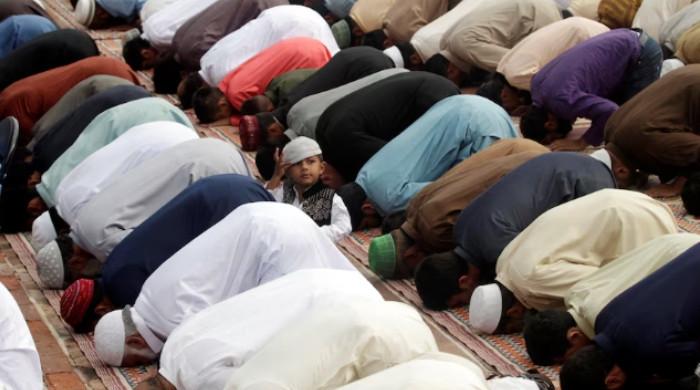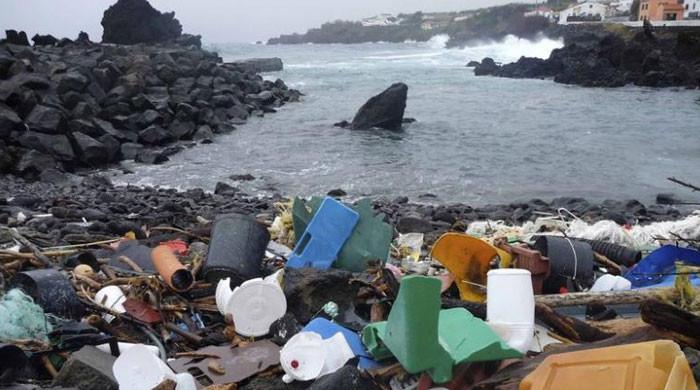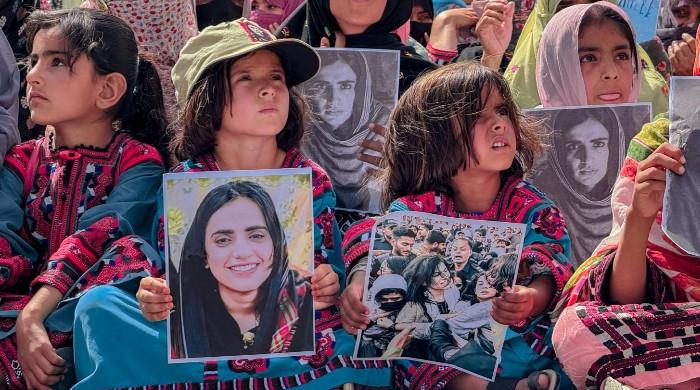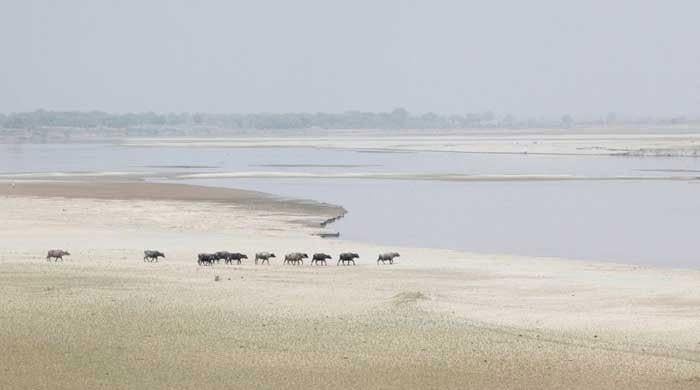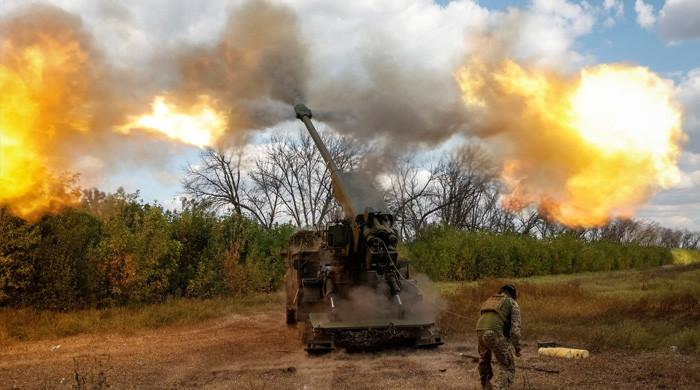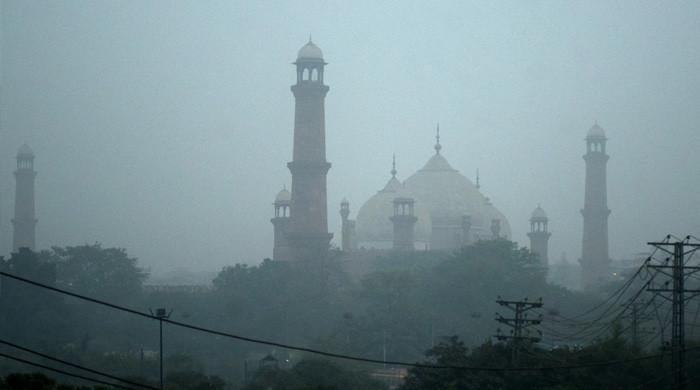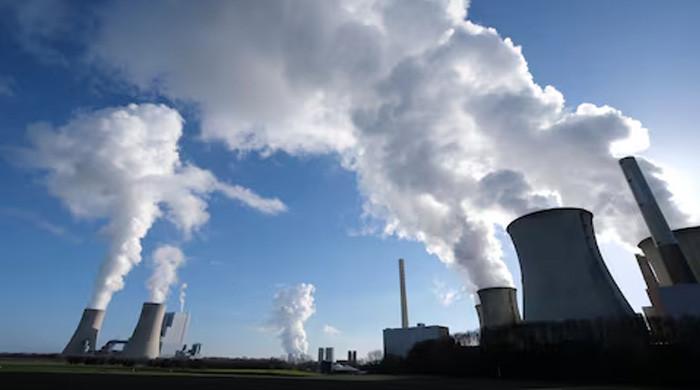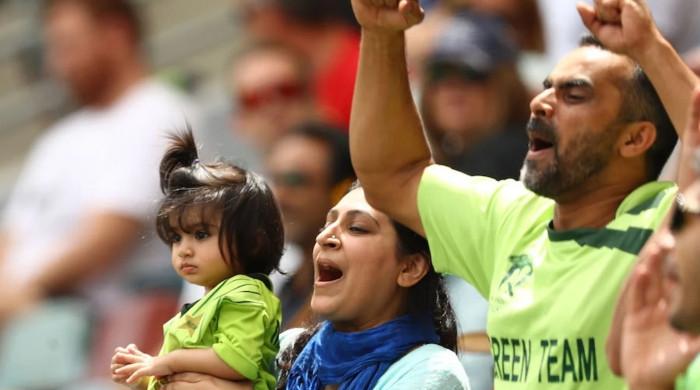Afghan peace talks: What’s the rush?
Any breakthrough in the next few days can further strengthen Trump’s position and also keep Zalmay Khalilzad in office for a longer time
October 17, 2020
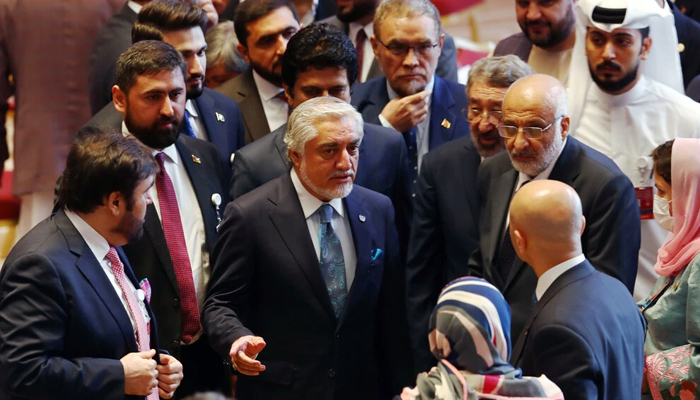
There is now a sense of urgency.
In the last few weeks, diplomatic efforts have intensified to expedite the Intra-Afghan Dialogue as the US Special Representative for Afghanistan Reconciliation, Ambassador Zalmay Khalilzad has made back-to-back visits to the region.
Then, there was the much-hyped visit of the chairman of the High Council for National Reconciliation of Afghanistan, Dr Abdullah Abdullah, to Pakistan, aimed to end mistrust.
There is little doubt now that peace is crucial for Afghanistan, which is why it should not be delayed any further. But the question to ask here is that at this point is it realistic to expect a permanent ceasefire, without cutting the mustard?
Read more: Abdullah Abdullah says time for Pakistan and Afghanistan to 'define a new vision'
Three weeks from now, the United States is heading for the general election. Donald J. Trump is making a bid for his second term. And for that, he has tactfully pushed the Intra-Afghan Peace Talks up front and center of his election campaign.
Any breakthrough in the next few days can further strengthen Trump’s position and also keep Zalmay Khalilzad in office for a longer time.
As for regional developments, last month, Dr Abdullah Abdullah’s three-day visit to Pakistan - his first since 2008 - got extraordinary media attention.
During his stay, Islamabad eased visa restrictions for Afghans and increased the number of days its border crossing would remain open for pedestrians. But those were official agreements. What was actually discussed and agreed to behind-the-scenes, between Pakistan and Afghanistan, will only become clearer in the days ahead.
Dr Abdullah aims to convince Kabul’s neighbors, who have stakes in the final outcome, that Afghanistan has a new approach to peace. And if he is successful in his endeavors, he may lay claim to the coveted post he has long sought.
However, there is one major obstacle that stands between him from achieving his goals: his past statements.
Read more: Spoilers can pose 'formidable challenges', says FM Qureshi
Five years ago, Al Jazeera asked Dr Abdullah what mistakes were made when establishing security in Afghanistan? He replied: “Pakistan’s policy towards Afghanistan. From one side, being in the frontline of the ‘war against terror’ … from the other side allowing Taliban to regroup, re-establish themselves.”
It is unlikely that these statements will not come back and haunt the peace process.
Before leaving Islamabad this time, Dr Abdullah spoke highly about India’s role in “peacemaking in Afghanistan”. During his trip to India, the chairman of the High Council told Indian Prime Minister Narendra Modi: “We are counting on your support, your understanding and your continued friendship for a better future between our two nations and our greater region,” adding that, “We are energized and re-energised that the leadership here [in India] is supportive of the efforts of the people of Afghanistan for achieving peace, dignified, durable, sustainable peace.”
Was Dr Abdullah Abdullah urging India to keep a low profile for now, till Pakistan goes an extra mile in helping the peace dialogue?
Last month, Zalmay Khalilzad made a similar point. He conveyed to the Indian Minister of External Affairs Subrahmanyam Jaishankar and National Security Advisor Ajit Doval that regional support was critical for the success of current negotiations, and the implementation of any agreement.
There is no doubt that Khalilzad is running short of time to make the Intra-Afghan deal a reality. But very few are talking about the key questions yet. How will the future governments be constituted in Afghanistan? What system of government will the post-talks Afghanistan adopt? And how will all these developments affect the neighboring countries?
These questions are unlikely to be answered before the US presidential elections. So, should the region not pause, take a deep breath, and plan for the future carefully, rather than take a blind leap ahead?




